Alfalfa Meal Heating Up Soil
mprevost
17 years ago
Featured Answer
Sort by:Oldest
Comments (20)
oldmainer
17 years agochesnok
17 years agoRelated Professionals
Allen Landscape Architects & Landscape Designers · Fitchburg Landscape Architects & Landscape Designers · Avocado Heights Landscape Contractors · Broomfield Landscape Contractors · Dixon Landscape Contractors · Streamwood Landscape Contractors · Tehachapi Landscape Contractors · Tigard Landscape Contractors · Wheat Ridge Landscape Contractors · Alvin Decks, Patios & Outdoor Enclosures · Castle Rock Decks, Patios & Outdoor Enclosures · Hialeah Decks, Patios & Outdoor Enclosures · Portage Decks, Patios & Outdoor Enclosures · San Jose Decks, Patios & Outdoor Enclosures · Verona Decks, Patios & Outdoor Enclosuresmprevost
17 years agosteve2416
17 years agoshomam
17 years agomprevost
17 years agopeggy_g
17 years agomprevost
17 years agodchall_san_antonio
17 years agojoepyeweed
17 years agooldmainer
17 years agotopgunja
16 years agomprevost
16 years agovalerie_ru
16 years agoshiloh_natural
16 years agomprevost
16 years agomarshallz10
16 years agomercygarden
15 years agohummersteve
4 years ago
Related Stories

GARDENING GUIDESThe Poop Scoop: Enrich Your Soil With Good Old Manure
Get over the ick factor already — this natural super-ingredient for soil has so many benefits, you'll wonder why you ever went chemical
Full Story
GARDENING GUIDESGrow a Beautiful Garden in Alkaline Soil
Got alkaline soil? Learn how to manage it and the many beautiful plants that will thrive in this ‘sweet’ soil
Full Story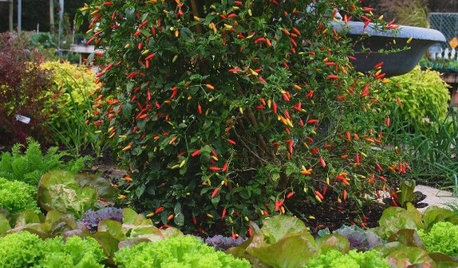
EDIBLE GARDENS6 Summer Edibles That Can Really Take the Heat
When garden temperatures soar, these herbs and vegetables rise to the challenge
Full Story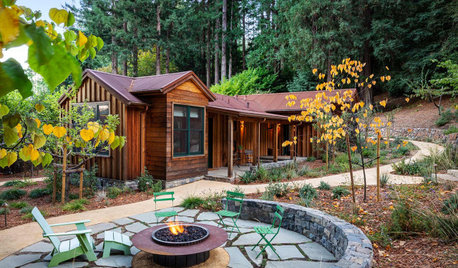
FALL GARDENING7 Reasons Not to Clean Up Your Fall Garden
Before you pluck and rake, consider wildlife, the health of your plants and your own right to relax
Full Story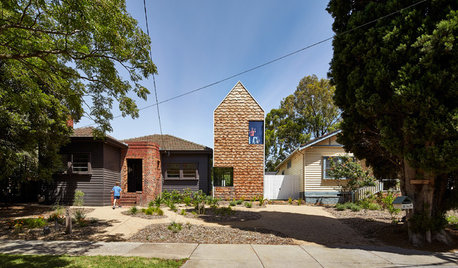
MOST POPULARHouzz Tour: A Playful Home Drawn Up by 8-Year-Old Twins
Plans for this innovative tower home in Melbourne were going nowhere — until the homeowners’ twins came to the rescue
Full Story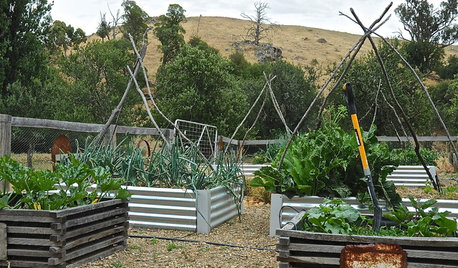
FARM YOUR YARD9 Ways to Change Up Your Vegetable Garden for the Coming Season
Try something new for edible plantings that are more productive than ever
Full Story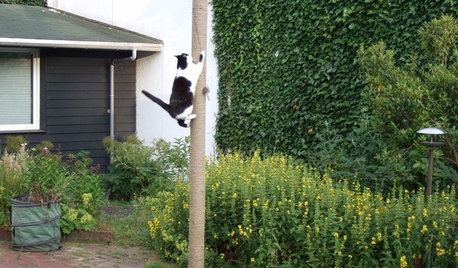
PETS15 Outdoor Pet Projects You'll Lap Up
These bubbling fountains, shelters and other creations by Houzzers are treats for pets and inspiration for other owners
Full Story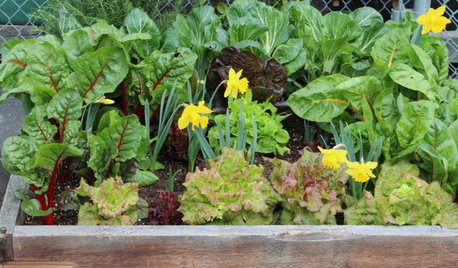
FARM YOUR YARDGrow a Kitchen Garden in 16 Square Feet
Got a sunny 4-by-4 space? You can make meals more interesting with your own vegetables and herbs
Full Story
GARDENING GUIDESNew Ways to Think About All That Mulch in the Garden
Before you go making a mountain out of a mulch hill, learn the facts about what your plants and soil really want
Full Story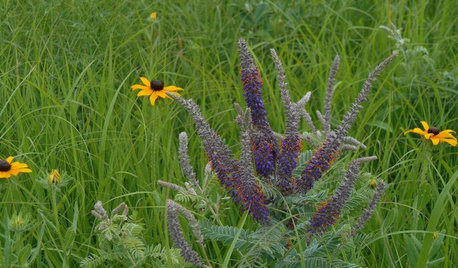
GARDENING GUIDESGreat Design Plant: Amorpha Canescens
Underused lead plant loves heat, laughs at drought and is truly gorgeous
Full Story





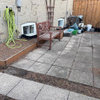
junkmanme